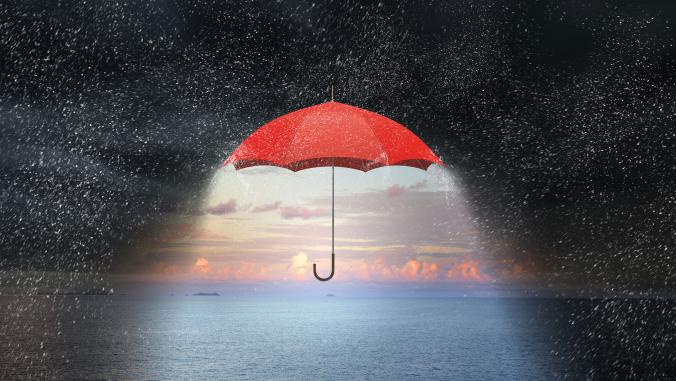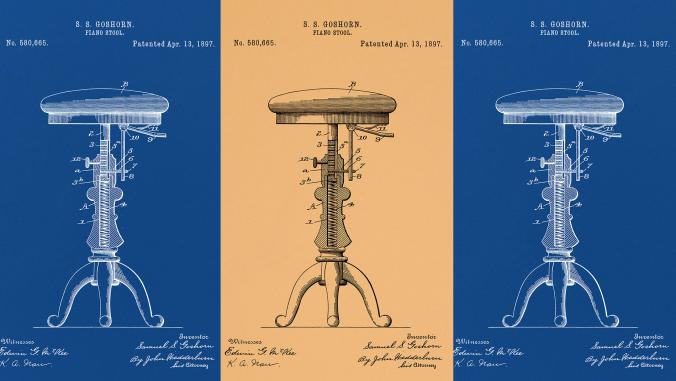Looking through the human end of the telescope
The spotted owl and Homo sapiens are not in competition. How can we shift the narrative and find common ground?

A welcome shift in the narrative of the environmental movement has been to incorporate the human element. We are approaching conservation, mitigation and restoration of natural resources with an eye toward how they help people. We are acknowledging the effects on marginalized communities of environmental degradation and of proposed solutions.
We now need to take it a step further. This may sound as though I’m splitting hairs (yes, I do that), but I contend this subtlety matters. Rather than asking, "How can I save the planet in a way that is also good for humans?" I contend we should be asking instead, "How can I help people in a way that also protects our ecosystem?" We must not just put a human lens on environmental efforts. We also must turn the telescope around and look through the human end.
My thinking started back in 2012, when I was invited to speak on a panel on the subject of conservative ideology and sustainability. In preparation, I did a lot of reading on free-market environmentalism and interviewed a few conservatives. One interview in particular stuck with me. (Skip ahead if you’ve heard this.)
I had asked my interviewee whether conservatism and environmentalism were not natural allies in their desire to preserve culture, rights and resources for the future. His response was, "Yes, but you know those environmentalists. They think spotted owls are more important than human beings." Emphasis on "those."
I wanted to argue. I wanted to say, "No, we don’t see it as a choice between people and the environment. We see people as being of the environment, not in competition with it." (Well, OK, yes, there are people who think that we are less deserving than other forms of life on the planet, and yes, I have my days when I wonder. Let’s not go there.)His response was, 'Yes, but you know those environmentalists. They think spotted owls are more important than human beings.'
But what he said next showed that his remark was entirely inconsistent with his worldview.
He cited Genesis 1:26, the admonition to let mankind have "dominion over the fish of the sea, and over the fowl of the air, and over the cattle, and over all the earth." Some, including EPA Administrator Scott Pruitt, read this to mean that natural resources are meant to be exploited to serve the needs of man.
But many, including Pope Francis, interpret "dominion" to mean caring, preserving and protecting. Yet even this interpretation places humankind in an overseer, guardian relationship with the rest of nature rather than a collaborative member of it. (For an insightful discussion of this emergence of perspective, see Yuval Noah Harari’s book "Sapiens.")
The human element
My thinking evolved further when arguing with a fellow climate activist over the closing of the Kayenta coal mine in Arizona. We both want it closed. But when I pointed out that the mine was the source of 80 percent of the revenue of the local Hopi community and wondered how they would survive in the near term, he asserted that we could just tell them it’s a good tradeoff because they’d be so much healthier. I tried to imagine telling that to a parent worried about feeding her child tomorrow, but came up empty.
What’s my point? Those who are pursuing protection of the biosphere need also to accommodate those who feel that we cannot protect the planet if we don’t first protect people. We equally need to recognize the drive to protect one’s own tribe, and tend to weigh near-term dangers (hunger, for example) while discounting future threats (such as sea-level rise).
We should lead with the human element, understanding that to protect the vulnerable from emerging perils we must also address its immediate and tangible needs. We must realize that helping people cannot just be a collateral outcome; it must be a goal.
There are some wonderful examples of the profound results from doing just that. Positive Impact Colorado, which provides education and re-entry services for the recently incarcerated, worked with the NAACP and Grid Alternatives Colorado to launch the Power Up Employment Project, providing job training in solar installation and increasing the availability of clean energy to under-resourced communities.
As part of the Walton Family Foundation’s commitment to restoration of the Colorado River, one of its priorities was the mitigation of the shrinking Salton Sea in southeastern California. Working with the National Audubon Society and the Water Foundation, Walton invited public health and environmental NGOs, legislators and community representatives for a flyover to experience personally the dust that is causing one of the country’s worst asthma crises. Its effort garnered financial investment from the state of California in Salton Sea restoration projects.
Got Green and Puget Sound Sage conducted community-led research to determine how to protect the most vulnerable in their area from climate change. They started by interviewing members from the community to understand their most critical issues. This being South Seattle, it was not surprising that affordable housing topped the list, establishing as a priority a problem that displaces families, disrupts community cultures and, by the way, increases emissions from transportation.
Nearly all of these examples involve not simply articulating the human benefits of environmental action, but forming true partnerships between environment groups and community organizations, then setting priorities together. And nearly all start by asking the people in the communities what they need most. Now.If we look through the human end of the telescope, we can stand on common ground and see a shared vision of the future.
Maybe you don’t see it this way. For many of us, it is about something bigger, about not destroying or distorting the natural progression of this great ecosystem. I’m not challenging that worldview. Neither can I change the beliefs of my conservative interviewee. I’m just claiming that if we look through the human end of the telescope, we can stand on common ground and see a shared vision of the future.
And in the process, we will see the results of our work in people’s eyes and in their lives.





